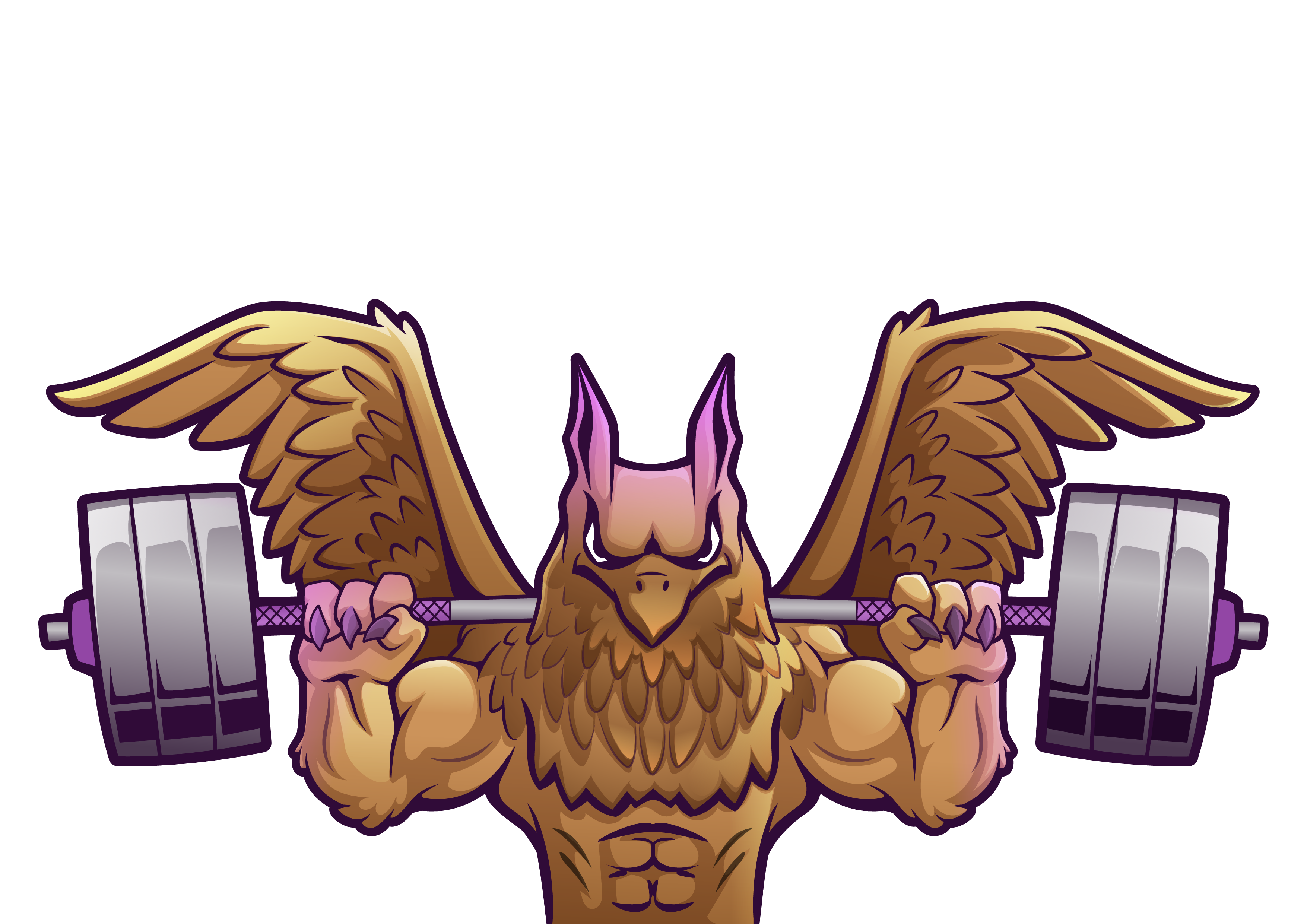Dissecting Health Habits
By Gus
Learning to cook is hard. Like all skills, it takes a lot of practice and experience before you feel confident in what you’re doing. You’ll eat some less-than-tasty meals in the process. But most overlooked is that learning to cook isn’t just about the cooking. In fact I’d dissect it down into at least seven smaller skills.
- Recipe reading
- Grocery shopping
- Time Management
- Ingredient preparation
- Cooking method (ie. sauté vs. roast vs. braise)
- Customizing seasoning and flavor to taste
- Cleaning
And unfortunately you won’t feel any progress unless to try to improve them all together. Cleaning is arguably most important, because you even need to clean your home when you never cook… but if you start with just that you’re not even ending up with something to eat.
The same applies with a healthy lifestyle. You may want coaching because it’s hard to figure out what to do at the gym, but really you have to dissect it down into the smaller parts if you want any results.
- Sleep quantity
- Sleep quality
- Food quantity
- Food quality
- Time management
- Workout programming
- Workout intensity
- Movement Technique
- Supplement regimen
And that’s at a minimum – we could break it down further! Sleep and food (quantity + quality) are the most important – you’re already sleeping and eating after all – and you might get through most of life just fine by just optimizing those four items. Supplements are certainly the least important and we’ll leave the specific supplements we recommend for another post.
Hiring a coach will assist with improving all these items. Items 5 through 8, regarding exercise, are just the most mysterious to the inexperienced athlete. So if you’re going at it on your own focus your efforts on clarifying those sub-skills.
Time Management
When are you most likely to workout? Decide, then put it on your calendar, and treat it just as importantly as your job or your kids’ activities. I had the most success when I blocked off the same hour every day of the week even when I was a plan to workout 3 times a week. If I missed a day due to unexpected changes, I knew the hour was already set aside the next one and I made sure not to miss. Your programming (up next) will determine the amount of time you need to set aside. If you cannot perform that time, pick a different program or change your calendar to allow it.
Working with a coach, you’ll be held accountable to a specific time. You’ll still need to commit to showing up.
Programming
Decide what adaptation you desire from your training. Find a program designed to optimize for that goal for at least 6-8 weeks. Your program should include:
- Necessary equipment
- Movements to perform
- How many days (often stated as days “per week”) to train
- When to rest
- How to measure success
Working with a coach, the program will individualized for your goals without effort on your part.
Workout Intensity
You must match the intensity designated by your program. If you’re told to do a long, easy-paced run, you do not add in sprints just because you feel good that day. If you’re squatting heavy it needs to be hard – no choosing to just go light because you’re not feeling it that day. Caveats apply in the case of injury, illness, suspected overtraining/underrecovery, etc.
Working with a coach, they will quickly identify if adjustment to the programmed intensity for the day needs to be made. Or they will encourage you to stick to the plan.
Movement Technique
Improving or maintaining your technique requires feedback. If you don’t have a coach you’ll need to learn ahead of time what to expect of yourself and the best way to give yourself feedback. On some movements, a mirror will be helpful. On others a video to replay is better. On some a wearable like a runner’s watch or heartrate monitor may be your best guide. Most programming templates available online will not specify the most valuable feedback, but based on the movement’s requirements you’ll likely be able to figure it out with experimentation.
Working with a coach, you’ll receive instruction, real-time feedback, and immediate retrospective feedback: the most valuable information to inform your movement.
Conclusion
Your motivation to make a change may have come from a big picture idea: “I need to get back in shape,” “I want to lose some weight,” “I feel like I’m getting weaker.” Use that big idea as your guiding light, but when you’re ready to make progress focus on improving the building blocks of your desired lifestyle.
